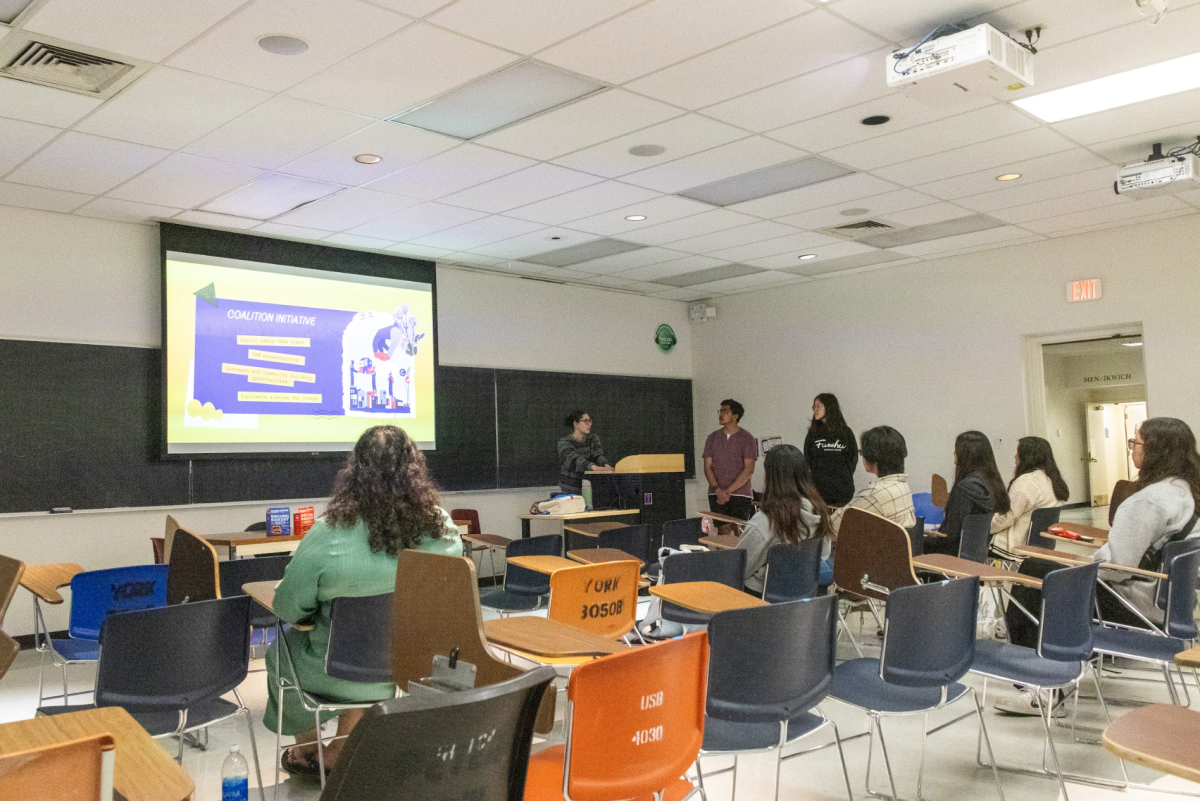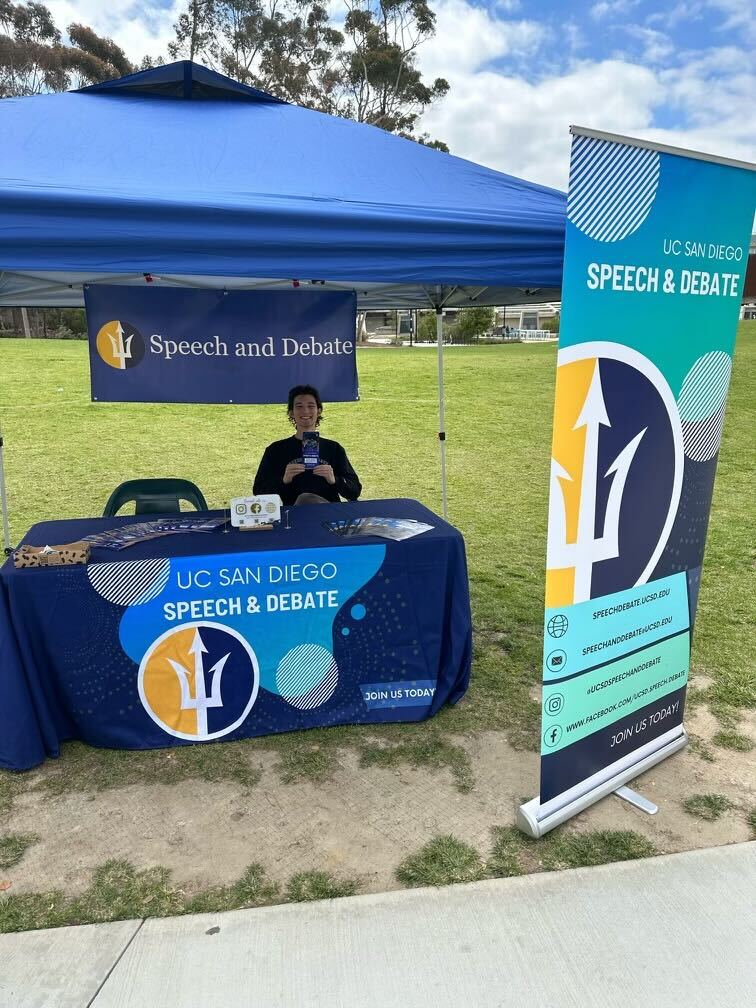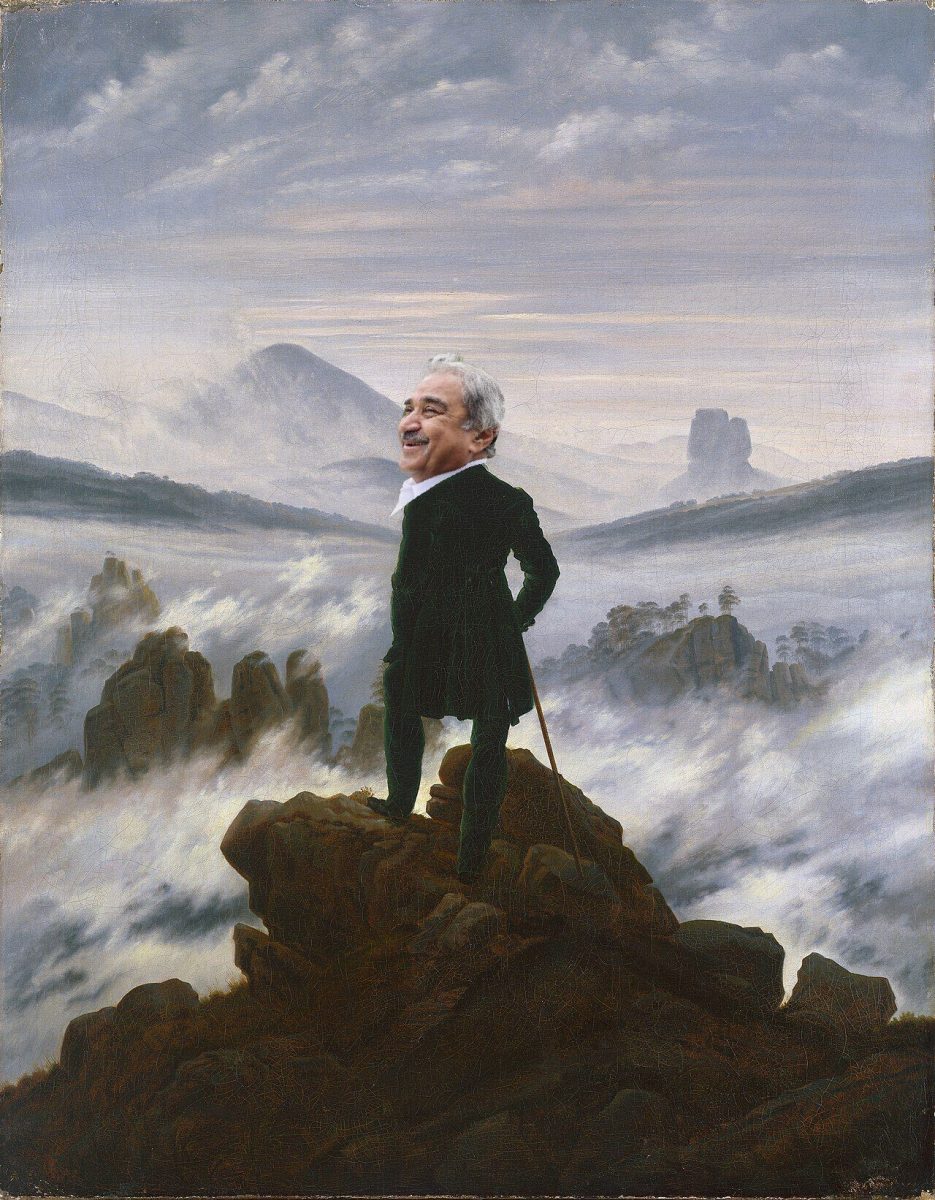Interview by Susanti Sarkar and Noam Leead
Q: Can you tell us a little bit about the recent attempted and armed robberies these past couple months and common campus crimes?
A: “This is something relatively new to the campus, having on-campus robberies. Last year, we saw that it used to always happen at Villa La Jolla and La Jolla Village Square. So this is something we’ve always been kind of concerned with, that the crime in San Diego will start to work its way up here. [Students] come here and they think, ‘It’s La Jolla, it’s safe,’ and it really isn’t. Even though there’s a lot of veterans who have done a lot of great things, there’s also a lot of them who have had problems re-integrating back into society. They have criminal records and some of them are sexual registrants. There’s just some who cling on to the campus because it’s a great source of food and shelter. On the west side of campus, you have Gliderport. Gliderport was kind of like the meeting area for parolees and people who wanted to do drugs. So you also had a lot of transients hanging out there as well that had criminal records. You put those two things on either side of the campus and it makes it very inviting.”
Q: When it’s really late at night, people are generally more cautious. But when it’s four o’clock in the evening you don’t really think you’re going to get into a crime situation. What would you suggest students do to be safer?
A: “Here’s the thing I tell everybody. Have you ever caught yourself walking down the street looking at your cell phone rather than what’s around you? Maybe have your earbuds in? Awareness is your most effective tool. And when you think about how criminals act, they don’t want to be seen. If you become a witness, you become an enemy. So in a sense there is no time, criminals work 24 hours a day. They look for opportunities, somebody by themselves, somebody who looks emotionally distraught, somebody playing on their phone instead of watching the environment.
You know, one out of three girls in their lifetime is likely to get raped, or sexually assaulted in some manner. So if I can make that number one out six, that’s a big deal. As a cop, I haven’t had to take a lot of sexual assault cases. I’ve taken a good handful, but the one underlying theme is that it never leaves the victim. That will affect how your life goes, how you have future relationships, how you perform in your job and how you just socialize in general. And I don’t think people realize when you let something go and think it’ll go away some day, it really never does. So giving them those tools so they can go out and get that person out of their way and stop the threat, that’s all we care about.
We have a service now called Triton Rides, and we drive people around campus. And you won’t have to worry, is this guy shady or what? Everybody likes to trust Uber and Lyft. My last DUI arrest was a Lyft driver! I don’t put somebody behind the wheel who can’t drive. They have to go through a driver’s safety course with me. So we do everything that is reasonably possible to make sure you guys get home safe.”
Q: What qualities do you look for in a CSO? Do you have training programs and/or other procedures?
A: “I want young people who are willing to be in a disciplined environment who want to take this role of a safety officer seriously. And I don’t want some kid coming in here and creeping you guys out, talking about stuff he shouldn’t be talking about or looking at this as a way to meet girls or anything like that. The training includes first aid, CPR, defensive tactics and you get trained on how to talk on the radios. It gives good paying jobs to students, and they also learn job skills. A lot of my CSOs go on to be in law enforcement. Paying some security guard from another company to come protect the campus that he has no affiliation with, he’s probably not going to do his best job. But if you have a CSO who takes ownership of this campus, and is proud to be a Triton, they’re going to go out there and they’re going to do a good job.”
Q: How would you describe your role or duty to as an officer within the UCSD Police Department?
A: “We know that there’s a lot of bad stuff going on in the United States regarding how police have reacted to certain things, and we don’t want our students or staff members feeling like we’re not for them and part of this campus. We want them to be able to trust us, come to us, not worry about what’s going to happen. You know there’s times where we have to enforce, but other times when we really do just want to help somebody out. Could be a quick little fix which we’re able to do and change somebody’s life. And a lot of times, especially on a high-stress campus like this, having somebody say hi to you might be the difference between you taking too many pills or not. So it’s kind of a relationship-building thing. If we can win you guys over as part of our team, you’re going to look out for thefts and you’re going to feel comfortable calling them in.”
Q: What else have you guys been doing to develop a stronger relationship between students and the police department and what would you like to see more of on our end?
A: “In orientations for this next coming year, I’ve asked to kind of be a part of that so I can go out and not only talk to you guys, but your parents. Let them know that if something happens, ‘you better be prepared to support that person because it’s gonna be a rough road.’ I’m [also] working with some of the [resident] deans so that they will allow me to come and speak. Now, there’s also things that I do on my own here [such as] self-defense classes. Matter of fact, we just did one at Revelle [College] last Thursday where we went out and we actually talked about how students can protect themselves. Come do some self-defense, come lift weights with me. We want you to be prepared, so if something does happen you know exactly what to do.”







